Forest Network
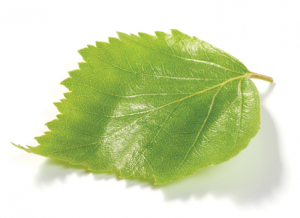
Over forty colleges, departments, research units and groups across the University of Maine are directly involved or support our forest-based economy. These activities span across basic and applied research, development of new processes, formulations and applications, commercialization of new technologies, economic and business development, and analysis of policies, workforce and socioeconomic indicators.
Through a systems-based approach of support, our dedicated staff works with businesses, communities and other research institutions to solve complex challenges facing forest-focused businesses and communities.
Here are our primary groups working directly with forest communities and businesses in Maine and beyond.

Advanced Manufacturing Center (AMC) is an engineering support and service center that is dedicated to promoting economic development in Maine and supporting the research programs at UMaine. AMC is readily accessible to businesses, entrepreneurs, and researchers throughout Maine, and North America.

Advanced Structures and Composites Center (ASCC) is a world-leading, interdisciplinary center for research, education, and economic development encompassing material sciences, manufacturing, and the engineering of composites and structures.
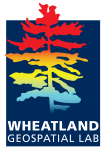
Barbara Wheatland Geospatial Analysis Laboratory serves to provide both the University of Maine and Maine’s forest communities access and education on state-of-the-art measurement and analysis resources related to Global Positioning System (GPS), Geographic Information Systems (GIS) and geospatial analysis.
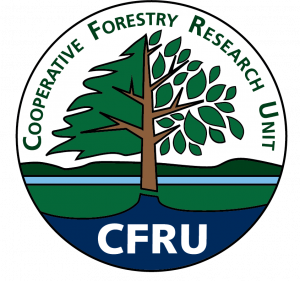
Center for Research on Sustainable Forests (CRSF) is an interdisciplinary research center bringing together researchers and funding opportunities focused on key issues affecting the management and sustainability of northern forest ecosystems and the region’s forest-based economy.
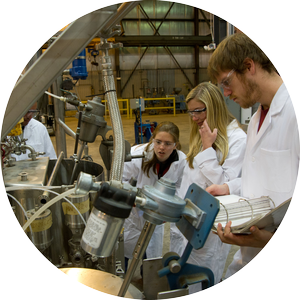
Department of Chemical and Biomedical Engineering serves to provide undergraduate and graduate students with a through training across a wide array of chemical and biomedical engineering topics, with a strong research focus on multiple engineering areas including pulp and paper manufacturing, materials characterization and processing, surfaces and interfaces, and molecular biophysics.

Cooperative Forestry Research Unit (CRFU) connects Maine’s forestry community with the University of Maine. CFRU scientists conduct applied research that provides Maine’s forest landowners, forestry community, and policymakers with the information needed to ensure both sustainable forestry practices and science-based forest policy.
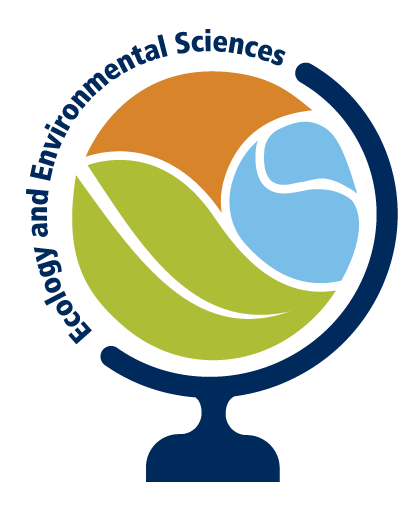
Ecology and Environmental Sciences program provides an interdisciplinary education and research approach to equip students with the skills and knowledge necessary to prepare our next generation of professionals to solve complex environmental problems in Maine’s forests, waters, farms and human communities.
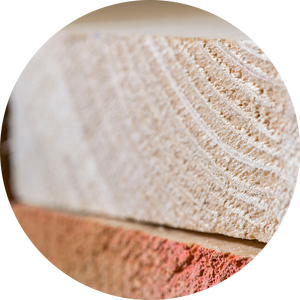
Energy Testing Laboratory serves as the only accredited pellet fuel testing lab in the Northeastern U.S., the Energy Testing Laboratory provides technical analysis of forest-based biomass materials and building products to researchers and wood products manufacturers throughout the region.

Forest Bioproducts Research Institute (FBRI) is an interdisciplinary research center focused on the development, promotion, and commercialization of forest-based bioproducts that meet societal needs for materials, chemicals and fuels in an economically and ecologically sustainable manner.
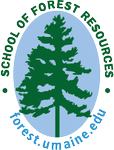
School of Forest Resources (SFR) is a nationally recognized leader in integrating research and teaching to enhance sustainable working forests, contributing to the economic, social and cultural well-being of our region and its forest-based economy.
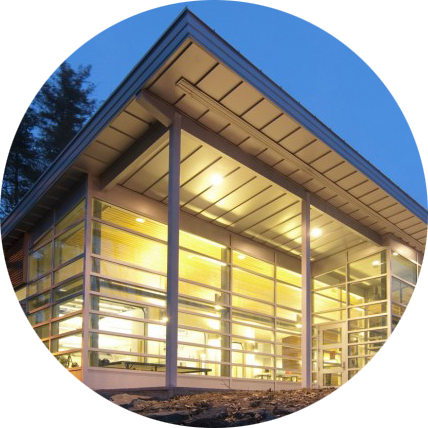
Office of Strategic Partnerships, Innovation, Resources and Engagement supports new and existing businesses from concept and startup through commercialization of marketable products and services to assist the growth of innovation, future innovators and new technologies.
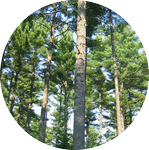
Maine Agricultural and Forest Experiment Station (MAFES) comprises research locations across the state and over 60 faculty members. They lead R&D projects that address new challenges for Maine’s natural resource-based industries and develop new knowledge that fuels innovation. These projects center around protecting Maine’s environment, promoting public health, and assisting rural communities.

Maine Mass Timber Commercialization (MMTCC) serves to promote the emerging wood technologies of mass timber and tall wood construction in Maine and New England by educating the public on the technologies and benefits while promoting Maine’s timber supply and geography to support the growing mass timber industry needs of the Northeastern United States.
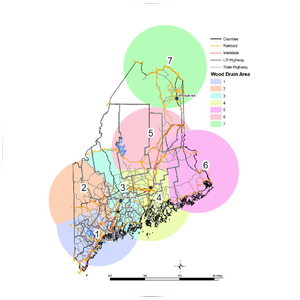
Margaret Chase Smith Policy Center is a nonpartisan, independent research and public service unit which informs public policy processes and societal decision-making through timely research and applied public policy activities focused on critical issues facing Maine and the nation.
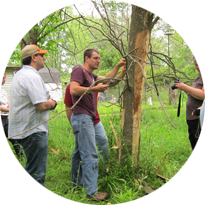
Senator George J. Mitchell Center for Sustainability Solutions is an interdisciplinary research center focused on understanding and solving societal problems related to environmental, social, and economic issues, include renewable energy, local agriculture, municipal planning, forest management, solid waste, and coastal water quality.

New England Combined Heat and Power Center (NECHPC), in partnership with the Department of Energy, serves to increase the infrastructure resilience of New England by focused on developing greater regional use of combined heat and power with an emphasis on forest-based residuals to deliver consistent sustainable power to rural communities and businesses.

Paper Surface Science Program (PSSP) is an industry-university cooperative between members of the chemical supply and pulp and paper industries; to develop and advance the fundamental and applied knowledge of paper surface treatment processes and structure-performance relationships in paper-based products.
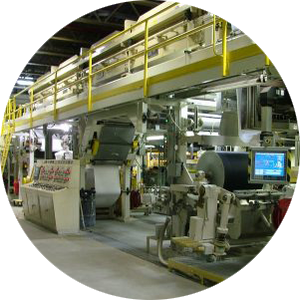
Process Development Center (PDC) is a manufacturing and testing facility offering a broad range of technical services and resources for businesses and researchers related to pulp and paper, coating technologies, nanocellulose and materials science.

University Forests; responsible for managing over 14,000 acres of forestlands owned by the University of Maine System and the University of Maine Foundation, coordinated all research and forest activities utilizing the land, developing and maintaining active management plans, and ensuring the long-term sustainability of forest health.

Wildlife, Fisheries, and Conservation Biology (WFCB) serves to protect and sustain our natural resources through continual research and education on a wide variety of ecological and conservation issues facing Maine, the nation and the world.
